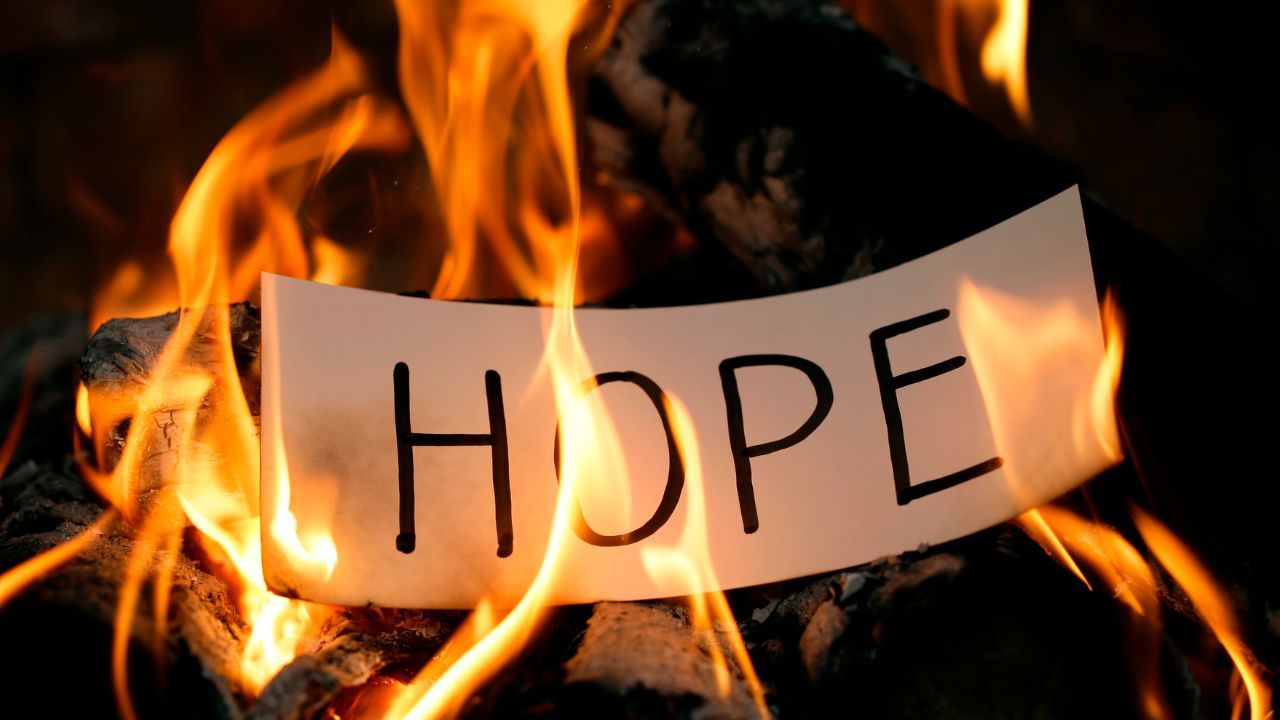Don't Get Your Hopes Up

There’s a time and place for leaders to speak the words: “Don’t get your hopes up!”
I’ve heard doctors say those words. After my motorcycle accident, I asked my surgeon if I’d be able to run again in a few months. He said in so many words, “Don’t get your hopes up!”
I couldn’t believe he was so negative!
You find yourself talking to a board about how long their transition will be and they tell you that 3-6 months should be enough time. You carefully say to them, “Don’t get your hopes up!”
What are we saying when we say “Don’t get your hopes up”?
We’re cautioning people to avoid unrealistic expectations. We’re waving the caution flag and suggesting that in order to have a bright future during transition, you need to go through the valley of uncertainty and emotion to get to the other side.
Leadership during transition is about helping manage expectations and guide congregations so they can avoid unnecessary disappointment.
To say, “Don’t get your hopes up” creates a pause and giv...
A Fresh Take on True Hope
Hope is a common theme at Christmas time for a very good reason. It's essential to live our best life! If you are looking to renew or freshen up your hope personally or in your ministry, this video is for you.
Hope in the Future Gives Meaning to the Present
You can't live one second without hope. Here is a fresh take on an essential element during times of transition both personally and with congregations.
3 Actions to Transform this Season of Transition and Uncertainty
These times are very challenging but what if we found a way to see opportunity in our uncertainty? In this video Cam shares three actions that can make make all the difference personally and as we lead congregations.
The Marvelous Grace of Insecurity: Getting to Hopelessness

Note: This is a guest article by Transitional Leader and Author Len Hjalmarson* currently serving as a Transitional Pastor at Crossroads Community Church in Chilliwack BC.
We live in a time of profound disorientation. Some have called this ‘the great unraveling.’ Institutions we relied on are failing us. Millions of people have experienced radical displacement through wars, famines and droughts. And now suddenly we find the economies of the world in free-fall. To add insult to injury, our normal support systems are barely able to cope, straining under the requirement of isolation.
For churches and church leaders, the experience is not different. Our relationships are what make us a body. Yet that glue itself is tested under the solvent of these unique conditions. How do leaders lead when we can’t gather? What can we do anyway? We are definitely not equipped to lead organizations under these conditions. We find ourselves having to adapt to these times while dealing with our own a...


